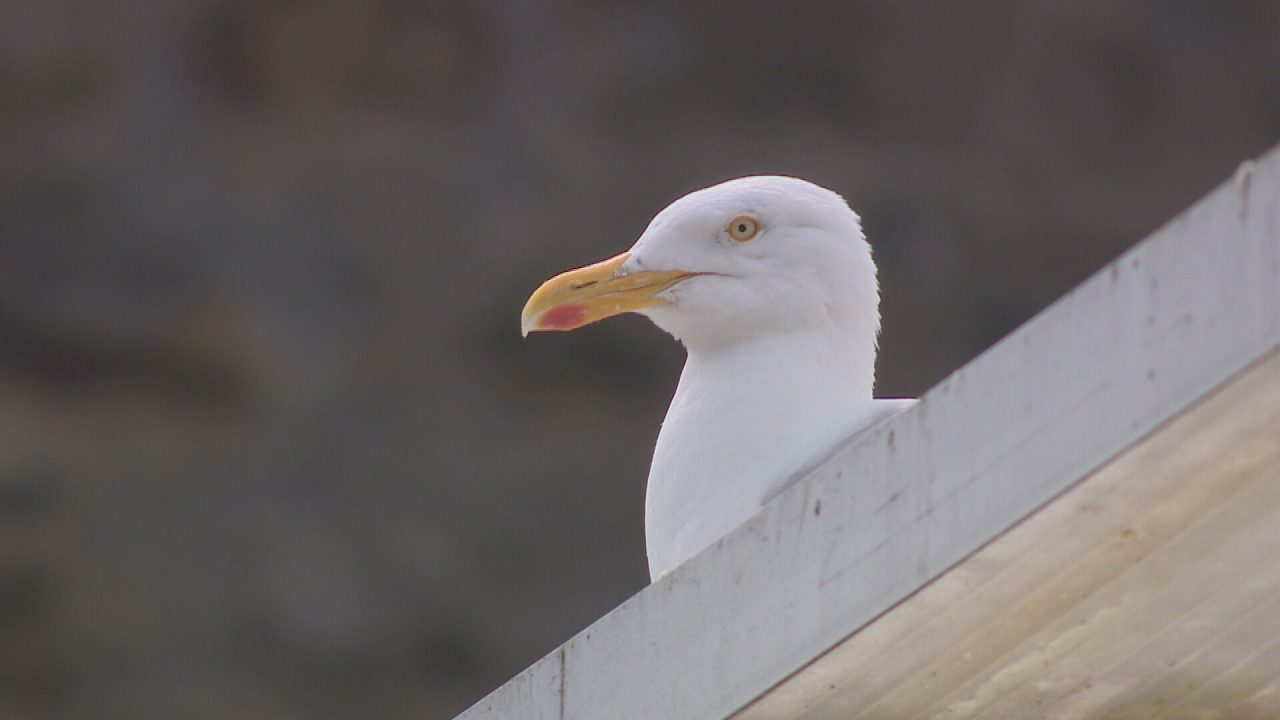For many, gulls are seen as a key part of the seaside experience. For others they are the pesky nuisance of the coast.
However, according to Scotland’s nature agency, gulls are now struggling in their natural habitat and moving to urban areas.
Seagulls have long been dependent on coastal fishing, where they would feed on discards left by fishers.
Andrew Douse from Nature Scot said this is “not available now so they have to turn to other sources of food”.
He added: “Those sources of food may not be as abundant or as good quality”.
Since 1986 there’s been a 60% decline in the gull population. They are now on the red list, which is there to help stakeholders manage their population.
Douse explained that gulls will move to the next best alternative, towns.
He told STV News: “It’s a nice safe environment for them, there are very few predators.
“Town’s are a little bit warmer, and they often have access to food supplies like rubbish dumps.”
More than 15 species of gull call Scotland their home and experts believe more should be done to protect the birds.
Douse added: “Certainly managing colonies is where the focus should be.
“We can control predators.
“They are a familiar aspect of our experience of the coastal environment.
“I think if we didn’t have them, we’d miss them.”
Follow STV News on WhatsApp
Scan the QR code on your mobile device for all the latest news from around the country


 STV News
STV News

























